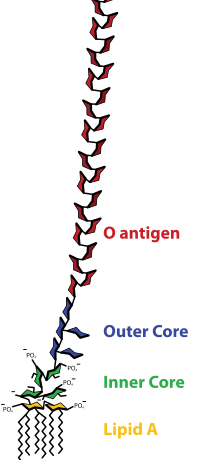Marco
Grrrrrrr!
- Messages
- 2,386
- Location
- Near Cognac, France
Compared to controls typical markers for inflammation are often elevated in ME/CFS patients (CRP, IL-6, neopterin etc..). It's not that these patient groups don't have elevated markers for inflammation, rather that they cannot identify a consistent pattern.
I'd like to see more emphasis on individual patient measures than group differences. I suspect sub-groups are masking many potential significant differences from controls.


